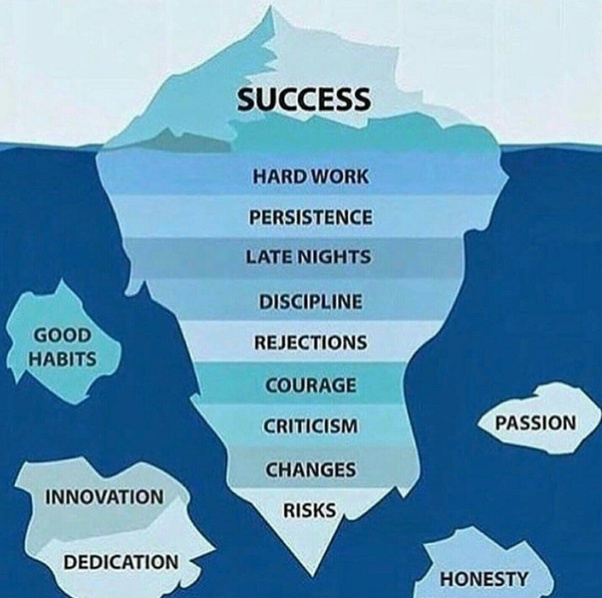
A small thread to explain the tax implications of dividend of Rs.974 per share declared by #majesco Ltd which is winding up its business🧵👇
1. For starters, Majesco is declaring such huge dividend on account of it selling its US business. But, as an investor, should one think of buying the shares now? Let us find out.
2. The current market price per share of Majesco is Rs.980. This is almost at par with the dividend per share. Now, if you buy shares of Majesco, you will be entitled to dividend of Rs.974 per share.
3. Please keep in mind that dividend income is not exempt in the hands of the shareholders. It will be taxed as per regular slabs.
4. Say you are in highest slab of 30%, you will be taxed at that rate. To simplify you will be getting a net amount of Rs.681 per share (Rs.974- 30% tax).
5. Now, another important thing to keep in mind is the fact that the share price will be adjusted after it goes ex-dividend. Technically, the share price must be adjusted with the amount of dividend.
6. Hence, the price per share after it goes ex-dividend will be negligible. So, the share you bought at Rs.980 today will be at negligible price once it goes ex-dividend.
7. Suppose, the share trades at Rs.10 after it goes ex-dividend and you sell the shares at this level. This will result into short term capital loss of Rs.970. Now, this loss can be set off against short term capital gains.
8. However, by this you will be saving tax at 15% as short term capital gains on shares are taxed at 15%.
9. Hence, in the entire exercise, you will end up paying tax at normal rates (as per your slabs) to save tax of 15%.
So, do not chase this stock purely for dividend income.
So, do not chase this stock purely for dividend income.
10. Also, the company will deduct TDS at 10% before paying you dividend if the amount exceeds Rs.5000.
• • •
Missing some Tweet in this thread? You can try to
force a refresh






